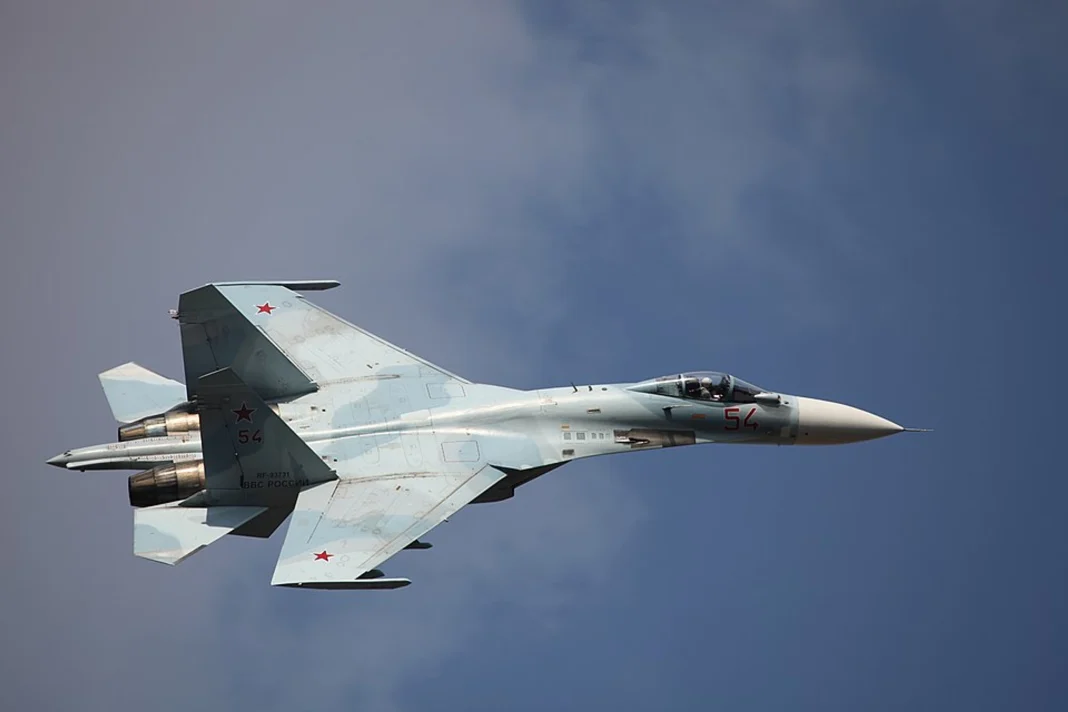In a dramatic turn of events, the Indian government is facing a serious trade challenge after the United States announced a 25% tariff on Indian goods.
A Sudden Move Shocks New Delhi
This decision came straight from U.S. President Donald Trump and has caused confusion and disappointment in New Delhi.
Indian officials were surprised by this sudden announcement. They had no idea such a major change was coming. The new tariff means that products made in India will now become more expensive in the American market. This could hurt Indian businesses that depend on selling goods to the U.S.
Despite the frustration, the Indian government is not planning any immediate retaliation. Instead, they are trying to find peaceful ways to deal with the situation. Government sources say that they want to keep the trade relationship with the U.S. on track. At the same time, they are exploring options to reduce the impact of the tariff.
One of the ideas being discussed is to increase imports of certain American goods like natural gas, communication equipment, and even gold. This would help balance the trade numbers between the two countries without taking any aggressive steps.
⚔️ India snubs US & Russia—AMCA project could rival F-35s with French engine tech
However, what shocked many the most was India’s clear decision to reject the offer of buying advanced F-35 fighter jets from the United States. This decision signals a major change in how India is handling its defense relations with the U.S.
No to F-35 Fighter Jets
The U.S. had been pushing India to buy its most advanced fighter jet — the F-35. These jets are known for their stealth abilities and modern technology. In fact, the offer had been on the table for months, especially during high-level meetings between the two countries.
But after the new tariff shock, Indian officials have now said that they are not interested in purchasing the F-35s. This is a significant move, as it marks a pause in major defense deals between the two countries.
India’s reasoning is based on long-term strategy. According to government sources, India is now more focused on building defense equipment at home. They are looking for partnerships that allow joint design and manufacturing inside India, rather than simply buying expensive equipment from abroad.
This change in approach also seems to reflect a shift in trust. Officials were reportedly upset by the sudden announcement of tariffs and what they called “unfair targeting.” It’s not just about the jets. It’s about how India is being treated as a trade partner.
The rejection of the F-35 deal may also be a message. It shows that India is not willing to accept pressure when it comes to big decisions involving defense and national security.
🛩️ Lightning down! U.S. Navy’s elite F-35C fighter jet crashes in California
Strong Words and Bigger Worries
Adding fuel to the fire, Trump made several strong comments on social media. He criticized India’s high tariffs and its long-standing military relationship with Russia. He also accused India of creating too many trade barriers and said the country was buying too much energy and equipment from Russia.
In one post, Trump said, “India is our friend, but their tariffs are among the highest in the world.” He went on to say that the country’s non-monetary trade rules were difficult and unfair to American businesses.
In another post, Trump took an even harsher tone, saying that he didn’t care what India did with Russia and that both countries could “sink their dead economies together.” These words did not sit well with Indian officials, who were already surprised by the tariff announcement.
This situation has now created a tense environment between two countries that are considered strong partners on many global issues. There is worry that these public statements and sudden policy changes could damage years of relationship-building.
Meanwhile, India is trying to remain calm. Government sources say that the goal is to manage the crisis carefully. They don’t want to create a bigger problem. Instead, they are working behind the scenes to find a way forward that protects both trade and national interest.
India Eyes 5th-Gen Fighter Jet Amid Regional Tensions — F-35 or Su-57 on Radar
For now, there is no official plan to cancel other deals or agreements. But the rejection of the F-35 jets makes it clear that India is not going to move forward with any major new defense purchases from the U.S. anytime soon.
This development also leaves a big question mark on future defense cooperation. While India remains open to building partnerships, the trust factor appears shaken — at least for now.
